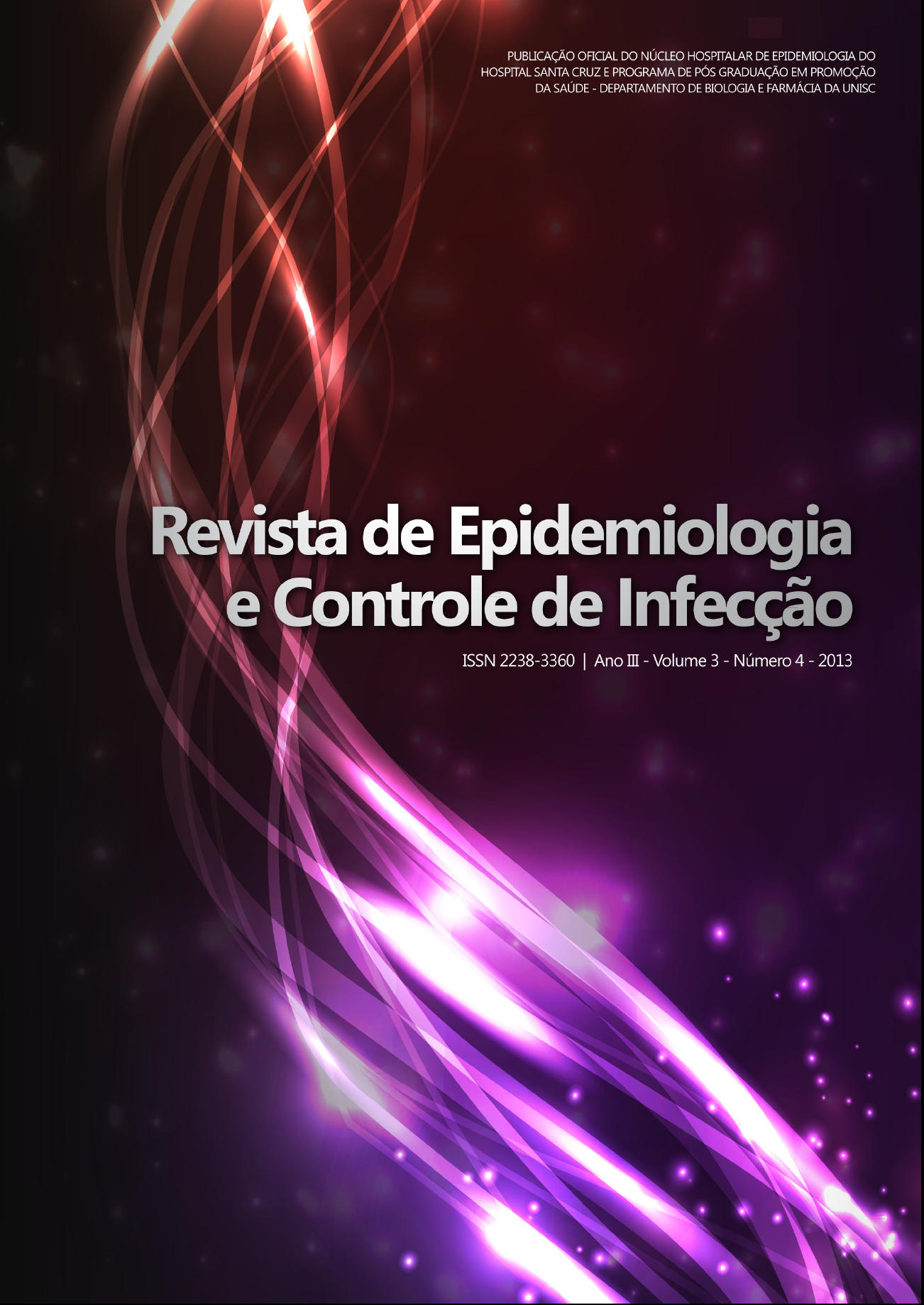Conduta dos profissionais de saúde pública frente ao atendimento antirrábico humano no município de Primavera do Leste-MT.
DOI:
https://doi.org/10.17058/reci.v3i4.4044Resumen
Justificativa e Objetivos: Novas perspectivas de tratamento para a raiva humana voltam o foco para a conduta dos profissionais mediante o atendimento antirrábico humano, aumentando a agilidade na instituição do tratamento e da percepção de riscos, tornando esta conduta mais eficiente. A presente pesquisa teve por objetivo analisar as condutas dos profissionais de saúde pública do município de Primavera do Leste – MT, frente ao atendimento antirrábico humano. Além disso, buscou-se também caracterizar o perfil destes atendimentos. Métodos: estudo quali-quantitativo, exploratório e documental. Foram analisadas 188 fichas do SINAN, notificadas entre os anos de 2007 e 2008. Resultados: os cães foram responsáveis pela maioria das agressões, com 166 notificações (88,3%), as mordeduras responderam a 166 como principal via de exposição (88,3%), a faixa etária de 2-10 anos foi a mais prevalente, com 59 casos (31,4%), com predomínio do sexo masculino, com 116 registros (61,7%), e a conduta profissional predominante foram a observação mais vacina, como 91 registros (48,4%). Conclusão: Comparadas ao protocolo vigente, metade (50%) das condutas foram inadequadas e dentre estas, 55 (58,5%) foram devido a erro técnico da ficha de notificação e 39 (41,5%) por apresentar potencial risco de dano à vítima. Conclui-se que uma melhor capacitação profissional tanto no sentido da instituição do tratamento, bem como da conscientização quanto à importância do registro fidedigno das informações possa consolidar um sistema adequado de vigilância.Descargas
##submission.downloads##
Publicado
Cómo citar
Número
Sección
Licencia
The author must state that the paper is original (has not been published previously), not infringing any copyright or other ownership right involving third parties. Once the paper is submitted, the Journal reserves the right to make normative changes, such as spelling and grammar, in order to maintain the language standard, but respecting the author’s style. The published papers become ownership of RECI, considering that all the opinions expressed by the authors are their responsibility. Because we are an open access journal, we allow free use of articles in educational and scientific applications provided the source is cited under the Creative Commons CC-BY license.


